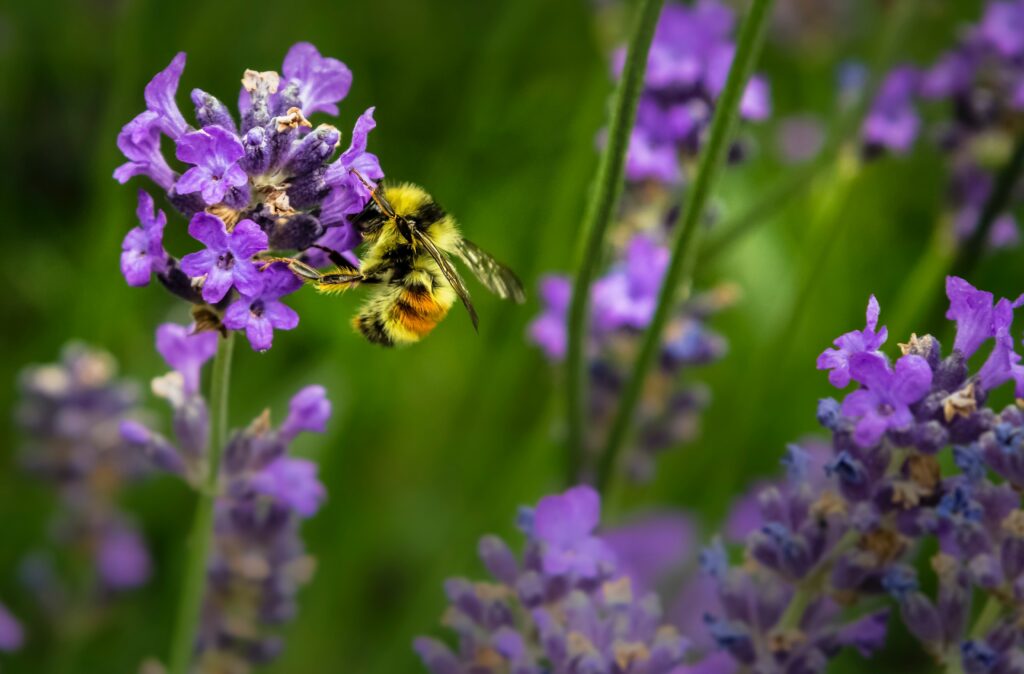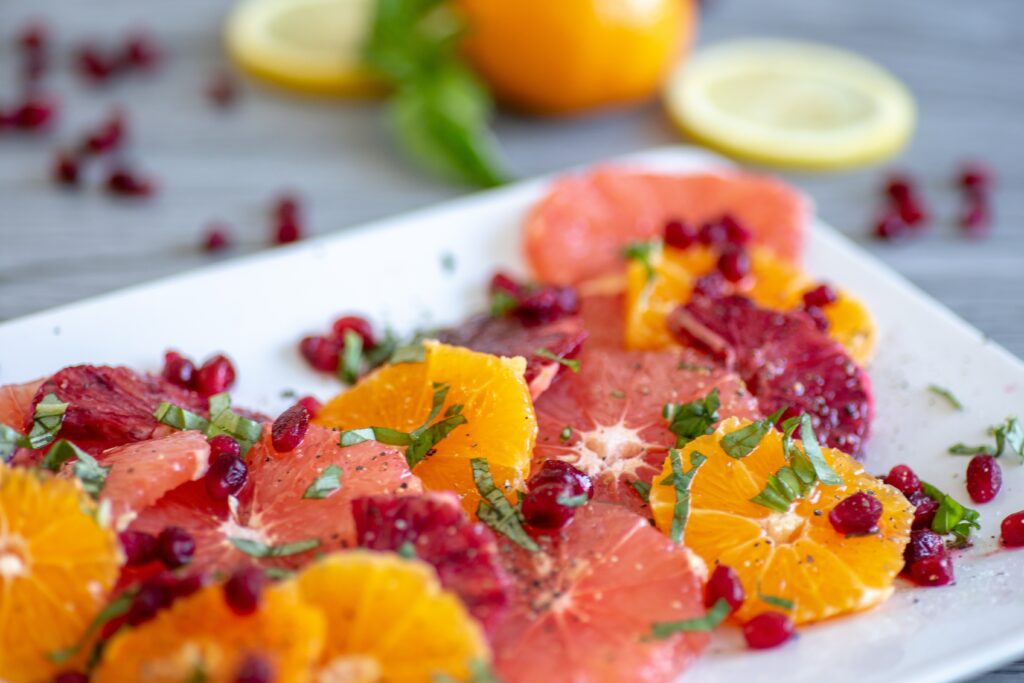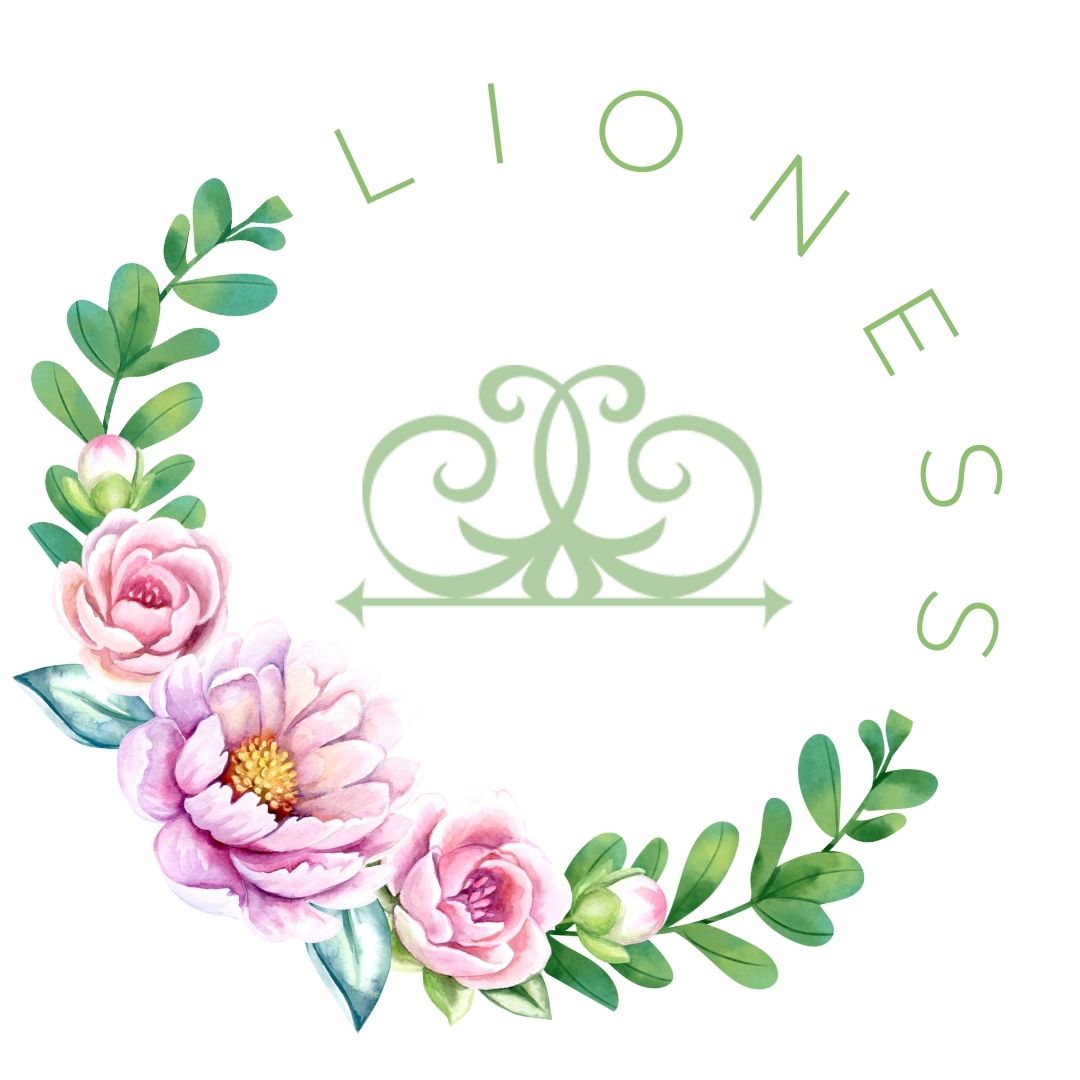I’m writing today to fulfill a request to offer some information and experience about different natural sweetener alternatives. I hope you’ll find it helpful!
First of all, I’ve been the proverbial canary in the mine most of my life. Sugar has always made me sick. Not always immediately, but soon enough. In my adult life, I can feel sugar hit my head in 10-20 seconds, so I have been very motivated to find other ways of getting a sweet bite here and there!
And, being that I have experienced this sensitivity, I can say with sureness which sweeteners cause a reaction in me and which have little effect. {I understand that we aren’t all alike, but my experience is information none the less, so use it as you will.}

My first and foremost, all-time favorite natural sweetener is raw honey.
About 10 years ago, we decided to become beekeepers. I have never tasted anything so divine as honey pouring out of our frames. Fruity, floral, rich and pure gold, it is amazing! Raw honey also happens to be quite gentle on a body. But that said, it’s quite a bit sweeter than refined white sugar, so it doesn’t take much to make things really sweet. And that earthy flavor!
When adapting recipes, the general rule-of-thumb is:
1/2 cup of honey substituted for 1 cup white sugar.
Honey is sweeter, and of course it’s moist, so it will mess with the consistency and texture of your finished product if you substitute 1 cup sugar for 1 cup honey. So be careful with that. {Cookies turn into puddles when you use too much. I have pictures.}
Along with substitution facts, here are a few other facts that might be helpful. This information is from a book I use a lot called, 10 Essential Herbs, by Lalitha Thomas.
“Pure raw honey is:
1 antiseptic
2 an emollient
3 a preservative {Pure, uncontaminated honey is immune to spoilage because its simple sugars, texture, and self-contained enzymes do not support most microorganisms.}
4 is soothing
5 used externally, encourages new growth of skin
6 enhances the action of an herb with which it is mixed because of its enzymes and trace minerals.
7 carries herbal actions {and I would add nutrients from food} into the blood, when used internally because of its enzymes and simple sugars, levulose and dextrose.
8 binds together the actions of the herbs with which it is mixed, thereby increasing the efficiency of an herbal formula.
The simple sugars in honey, levulose and dextrose, and honey’s trace minerals are quickly and easily absorbed into the blood and are slow-burning fuels for the body’s needs. Pure raw honey, in moderate amounts, does not create the stressful blood sugar extremes and glandular imbalances many of us have come to associate with fast-burning refined sugars (commonly sucrose).”
So look for raw honey. Preferably from a source close to where you live. {You already know it can help allergies right?} If it is solid, set your jar in a pan of water and gently heat the water until the honey melts. Or just use it in its solid state to sweeten a bowl of oatmeal, cup of herbal tea or when making bread.
If you buy honey in the store and it stays in a liquid state, it isn’t raw. Raw honey thickens after a month or so on the shelf, and lasts indefinitely.
Sucanat is basically dehydrated molasses and is an abbreviation for sugar cane natural, and it’s a brand name.
To make sucanat, sugar cane is crushed and the juice is extracted, heated and dried into small granules. It is touted as having more vitamins and trace minerals because the molasses is left intact. And I would have to agree, considering how my body responds to it.
It’s best used in things that can handle more molasses flavor {think brown sugar-ish} like spice cookies, carrot cake or baked apples. We have found that when we use it in ice-cream, it adds a malt flavor that is quite good!
When adjusting a recipe, you can substitute:
1 cup sucanat for 1 cup sugar,
though it’s a good idea to gradually reduce the amount of sweetener in your recipes, so that your taste buds can calm down, after a lifetime of becoming used to astronomical amounts of sweeteners in most desserts and many common food products. Refined sugar does not do a body good.
The first time I opened a bag of coconut sugar, I couldn’t get enough of the smell! It is mellow and rich! Coconut sugar is also granulated, made from boiling and dehydrating the sap from the coconut palm. It’s a little pricey and not as sweet as honey or sucanat, so you have to use more. I’ve used it here and there, but because of the price I haven’t made it a staple. The flavor is quite good though, so it’s surely worth trying. I have found it to be quite easy on a body too.
Real maple syrup is divine, but also pricey for me, since I don’t have or live near maple trees! And finding a high quality syrup can be tricky. Most grocery stores carry brands that react almost like refined sugar in my system, but a high quality syrup can be more slowly absorbed and add a lot of rich flavor to your cooking. We have used Coombs Family Farms maple syrup and been happy with it. I would also use a
1/2 : 1 ratio
when substituting syrup for sugar in a regular recipe.
You can also get maple syrup that has been dehydrated. I like to add a little of that or a drizzle of honey when I am whipping cream. Nice, rich flavor.
There are many other products that would fit in the category of natural sweeteners, but I’m going to leave this post with these few because they are the ones I have the most experience using and they’re what I would recommend.
I hope you will branch out and experiment with natural sweeteners! It makes a big difference to provide dessert on special occasions that doesn’t make you sick to your stomach or give you a wretched headache. Life can be much more pleasant without constant blood sugar crashes, compromised gut-bacteria, yeast overgrowth and the general undue stress that a lot of sugar is on a body. {And don’t forget to check out the recipes here on the Lioness website! Whole food desserts are nourishing as well as refreshing!}

All that said, the best desserts of all still are fresh berries and fruits! Already made, with beautiful, edible packaging!
And lastly, consider this question:
Besides dessert, what else is sweet in your life? I’d encourage you to eat-up and drink-in all the experiences and relationships that are the “icing on your life’s cake”– and depend less on sugar to experience sweetness!
Love to you!

The mission of Lioness at the Door is to uplift, strengthen and encourage women of all ages to magnify health, hope and happiness at home. We do so boldly, with humility and gratitude for the opportunity.
.
